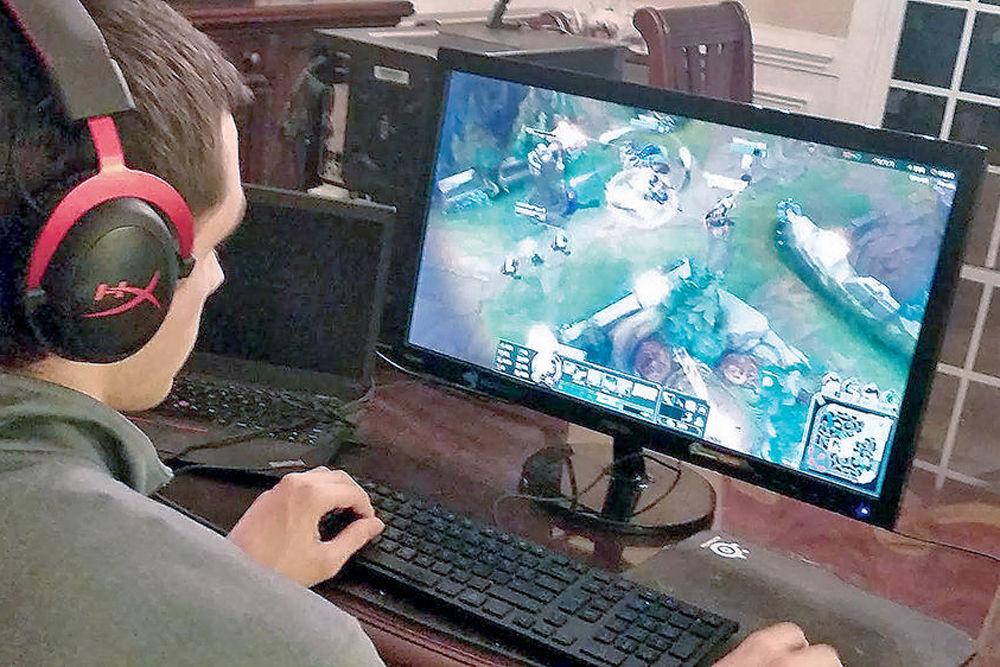For a number of teens and young adults, picking up a video game controller is a normal habit on any given night. It seems like everyone in the world has heard of the battle royale game Fortnite. However, only some players are aware of the money a professional gamer can make.
The industry of esports, referring to online multiplayer video games at a competitive level, has been around since 1998 when the total prize pool over four games was $131,000. With the help of mainstream investors and video game popularity, this number has increased exponentially.
Epic Games, the creator of Fortnite, promised $100 million as prize money within its first year of competition. This money will be prizes for online and local tournaments, only boosting the popularity of the game. The free-to-play game generated almost $300 million for Epic Games in the month of April from in-game purchases.
Tyler ‘Ninja’ Blevins is the most popular Fortnite streamer on Twitch, a video game streaming platform owned by Amazon. His stream with Drake in March blew up on Twitter and Twitch as he played with the rapper in front of nearly 650,000 concurrent viewers. Ninja was also joined by rapper Travis Scott and NFL wide receiver JuJu Smith-Schuster. Just from streaming, Ninja is making well over $1 million a month.
Although Fortnite is the most popular game, it certainly isn’t the only nor the first to offer up big money. In 2017, the esports prize money totalled $121 million, with 19 games offering over $1 million, setting the industry up for another record breaking year.
Last year, the top five games were Dota 2 ($38 million), Counter-Strike: Global Offensive ($19.3 million), League of Legends ($12 million), Heroes of the Storm ($4.8 million) and Call of Duty: Infinite Warfare ($4 million).
Large companies have recognized the success in competitive video games and many of these companies have invested in esports organizations. Companies like Rocket Mortgage, Redbull, Intel, Coca-Cola, HP, T-Mobile and Toyota, among others, have invested in sponsorships in the esports business.
Robert Kraft, the principal owner of the New England Patriots and Dan Gilbert, the majority owner of the Cleveland Cavaliers, have invested in certain esports organizations. Kraft invested in a team in the first season of Overwatch, a league who’s grand finale matches were played in the Barclays Center in Brooklyn, NY, and aired on ESPN.
All around the country, the esports industry is exploding and large investors notice the potential it has. Even in North Carolina there are signs of growth. Epic Games is based in Cary and is growing exponentially with the popularity of Fortnite.
At NC State, there is a League of Legends esports club that competes in large tournaments every year. Riot Games, the creator of League of Legends, holds a collegiate tournament in the Spring where teams compete for scholarship money. In the past two years, the team has been awarded $35,000 in scholarships to be evenly distributed among the team.
Esports betting has also taken off recently, adding another source of economic production to the industry. The industry is becoming more like traditional sports, but can it be considered a sport? A handful of people have spoken out from both sides whether it should be a sport. That topic will be tackled next week.
For now, the growth of the industry is undeniable and it seems that Overwatch or other games will continue to appear on ESPN as long as sponsors and investors increase prize pool money to attract higher viewership.








